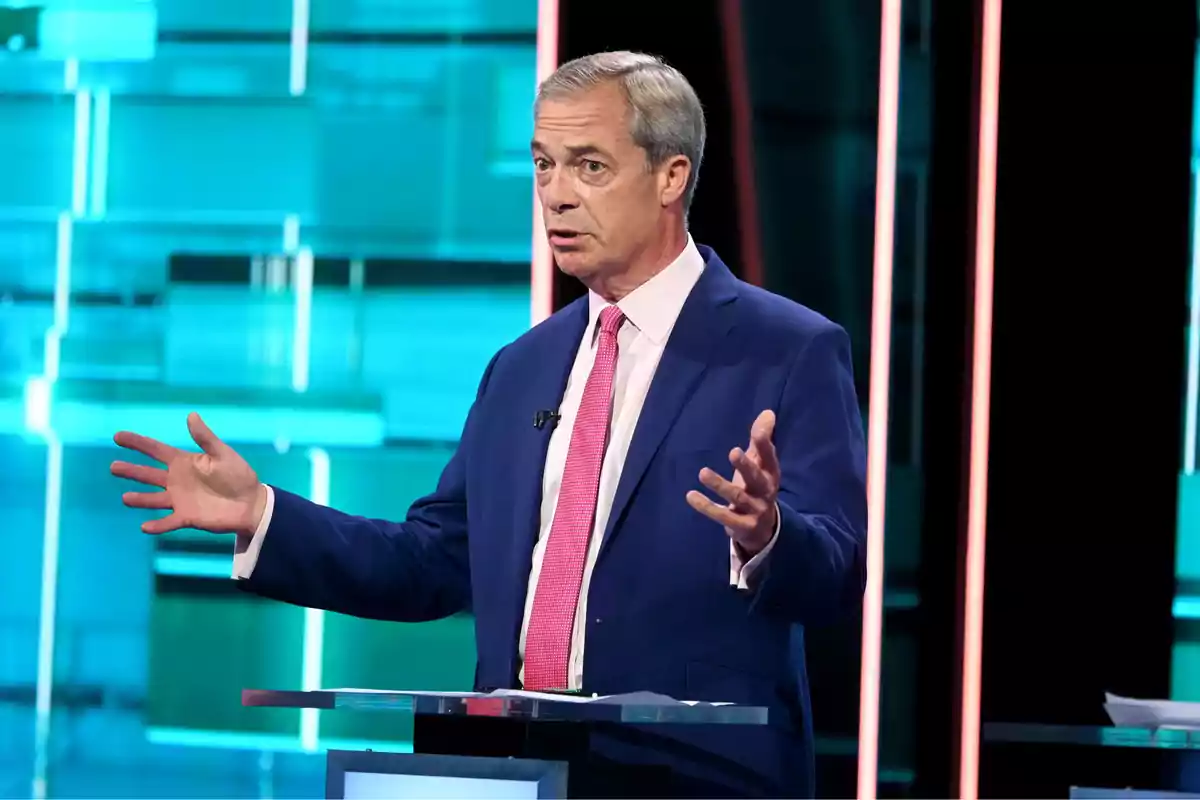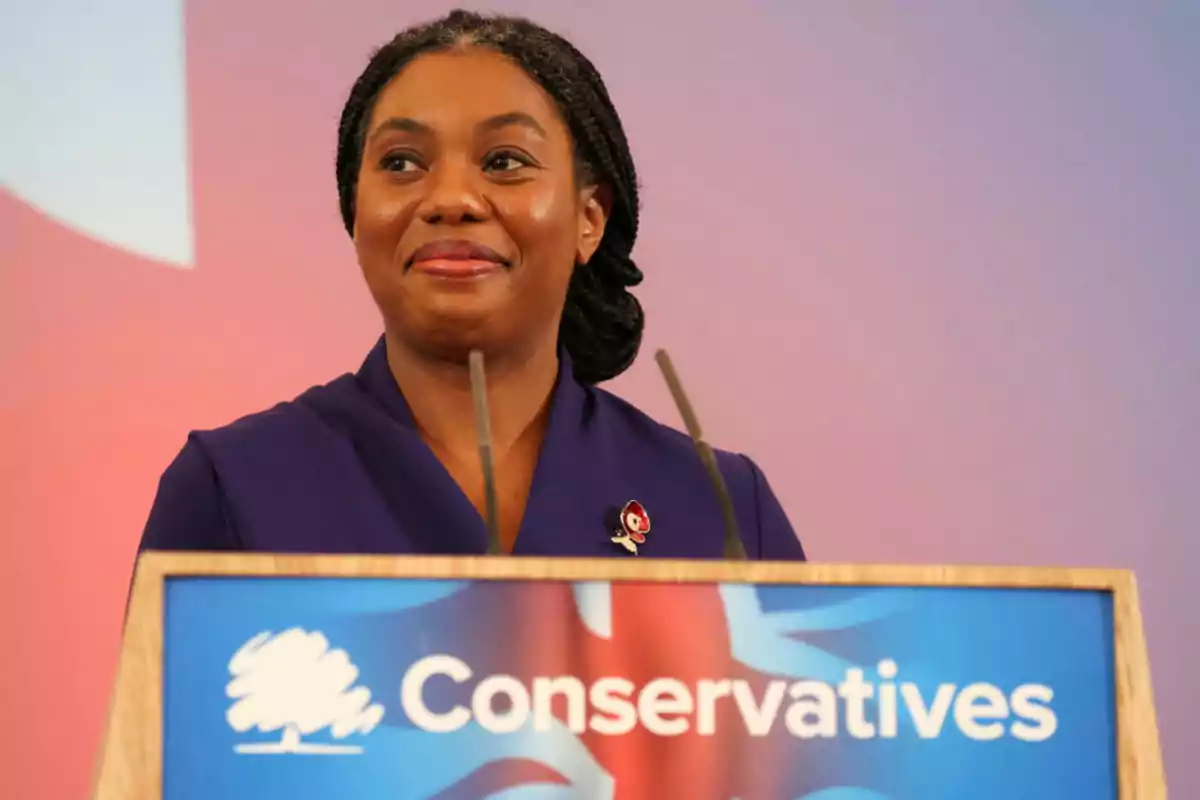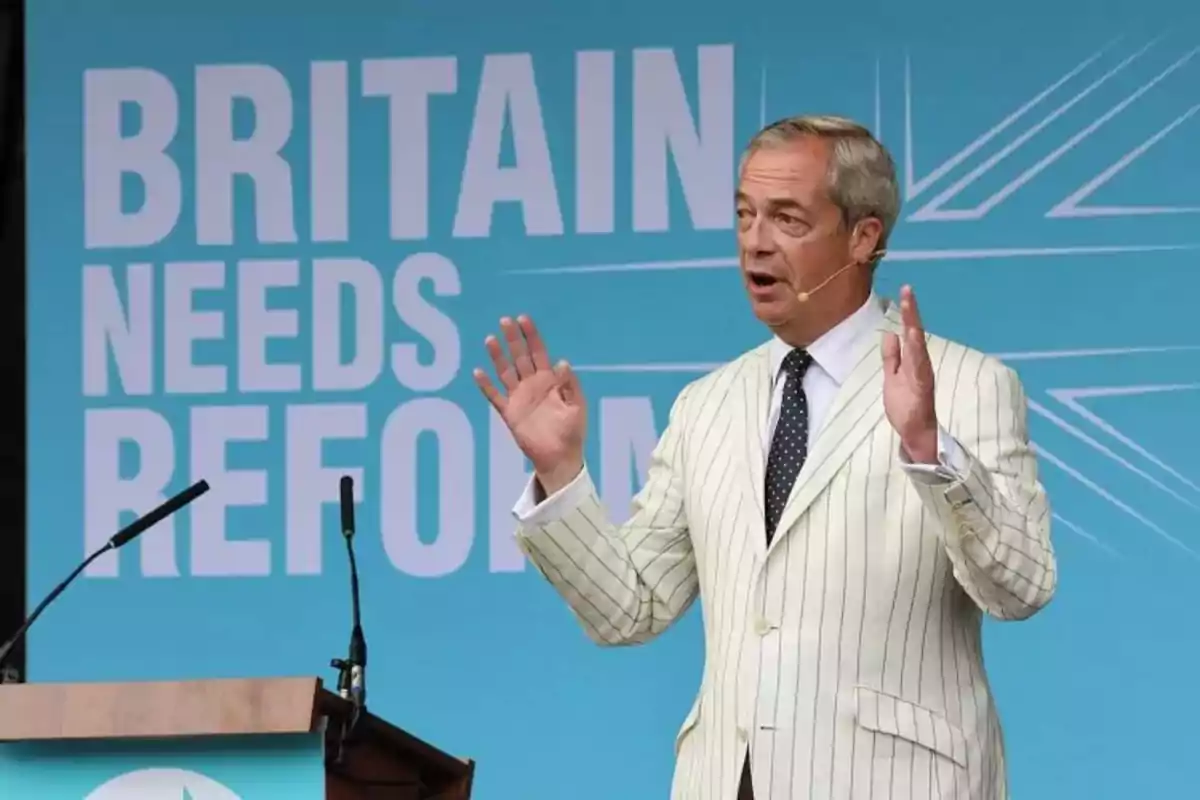
Severe blow to bipartisanship in England following the local election results
As in every May, local elections are held in England, and the dominant bipartisanship in English politics suffered a major setback
The recent local elections held in England have revealed a political landscape in transformation,with clear signs of the weakening of the historical bipartisanship between the Conservative Party and the Labour Party.
Although not all results have been declared yet,the initial figures indicate a substantial change in voter preferences and the rise of new political forces, particularly Reform UK,Nigel Farage's party.
The elections covered 23 councils in England, including 14 county councils, 8 unitary authorities, and one metropolitan district,as well as six mayoral elections and a by-election in the Runcorn and Helsby constituency. Additionally, elections were held in the Council of the Isles of Scilly.
These processes, although local,are being read as an early signal of the national political mood ahead of future general elections.

One of the most notable surprises was Reform UK's victory in Runcorn and Helsby, where it won by just six votes following the resignation of the previous Labour MP, who was convicted of assault.
This symbolic triumph marks Reform's entry into the House of Commons under Farage's leadership,consolidating its strategy of positioning itself as the main right-wing force against a declining Conservative Party.
The initial results show that Reform UK is not only surpassing its 25% estimate in national polls butis also consolidating its presence in key regions.
This represents a direct challenge to the Conservative leadership of Kemi Badenoch, who took over after the party's collapse in the previous general elections and nowfaces growing internal questioning.

The Labour Party, although it hasn't suffered a collapse like the Conservatives,hasn't fully capitalized on the popular discontent either. In fact, there are worrying signs for Labour: it is losing votes on two fronts.
On one hand,Reform is attracting discontented working-class sectors with its centrist discourse, and on the other, progressive voters are migrating toward the Green Party and the Liberal Democrats, who have shown significant advances in traditionally Labour strongholds.
This scenarioreflects a growing fracture of the British electorate, which seems to be moving away from the two-party system that has characterized UK politics for decades.

In previous electoral cycles, figures like Farage had managed to mobilize large voter sectors with UKIP (2014) and the Brexit Party (2019), but then those movements dissipated in the general elections.This time, however,the simultaneous wear of Conservatives and Labour could lead to a more lasting realignment.
Nevertheless, Reform's rise faces serious challenges. The first is structural:the British "first past the post" electoral system favors large parties, which could hinder its real parliamentary growth.
The "first past the post" electoral system is used in UK parliamentary elections. In each constituency,the candidate with the most votes wins, without needing an absolute majority.

The second is organizational: Reform stilllacks a solid electoral machinery to sustain an effective national campaign. Additionally, recent internal disputes like the departure and defamation lawsuit of former MP Rupert Lowe show that the party still suffers from tensions in its leadership.
The elections also highlighted thegrowing role of regional mayors, particularly the so-called "metro mayors," who coordinate several local councils and have competencies in transportation, housing, and economic development.
Six new mayors were elected: two of single authority (Doncaster and North Tyneside) and four regional (Cambridgeshire and Peterborough, Hull and East Yorkshire, Greater Lincolnshire, and West of England), thus consolidating an increasingly influential layer of local power.

More posts: